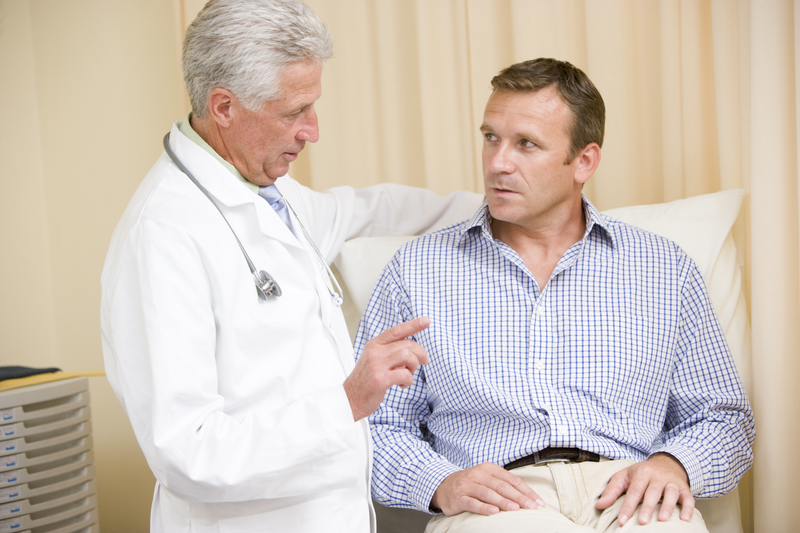Testicular Cancer: 7 Critical Things Every Male Needs To Know
Testicular cancer affects about 8,800 men each year. The percent of testis cancer deaths is highest among men aged 20-34. The disease is most prevalent in Caucasian men. Although it has a ninety-five percent success rate when caught early, testicular cancer is expected to kill close to four hundred people each year in the United States alone. Here are ten things every man should know about testicular cancer.
7. Symptoms

The best way to beat testicular cancer is by catching it early; therefore, it is important to know the signs. Symptoms of testicular cancer may include hardness, a lump or mass, or any irregularity that can be felt inside or outside of the testicle. Even if a mass or lump cannot be detected, you may notice a change in the shape, size or texture of the testicles. Regular examinations should be performed at home. Talk to your doctor as soon as you notice any physical changes.
6. Your Breasts May Swell

It may sound strange, but another symptom of testicular cancer is tenderness or swelling of the breasts along with discharge from the nipples. Testicular cancer produces a hormone called human chorionic gonadotropin (HCG), which is the same hormone responsible for making breasts grow. Although most testicular cancers are painless, you may notice other symptoms such as abdominal pain, back pain or coughing up blood if cancer has spread to other areas of the body.
